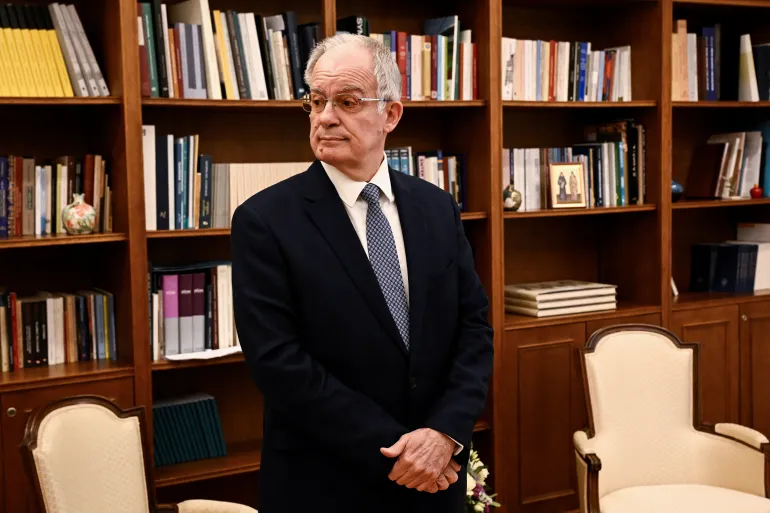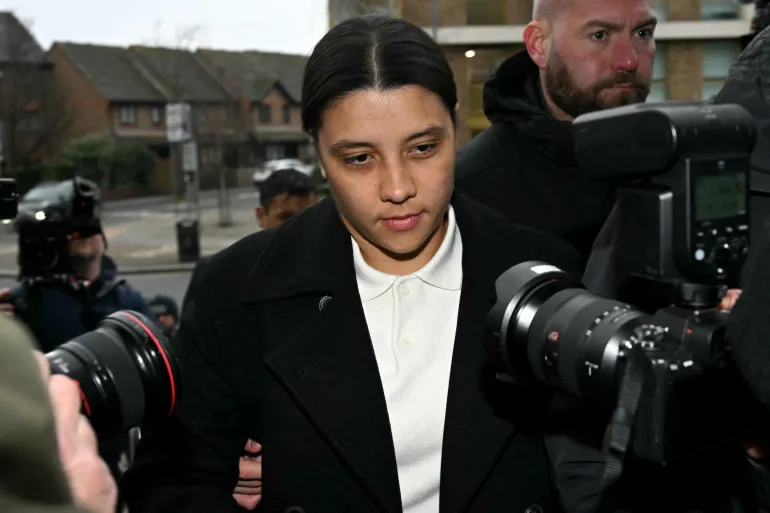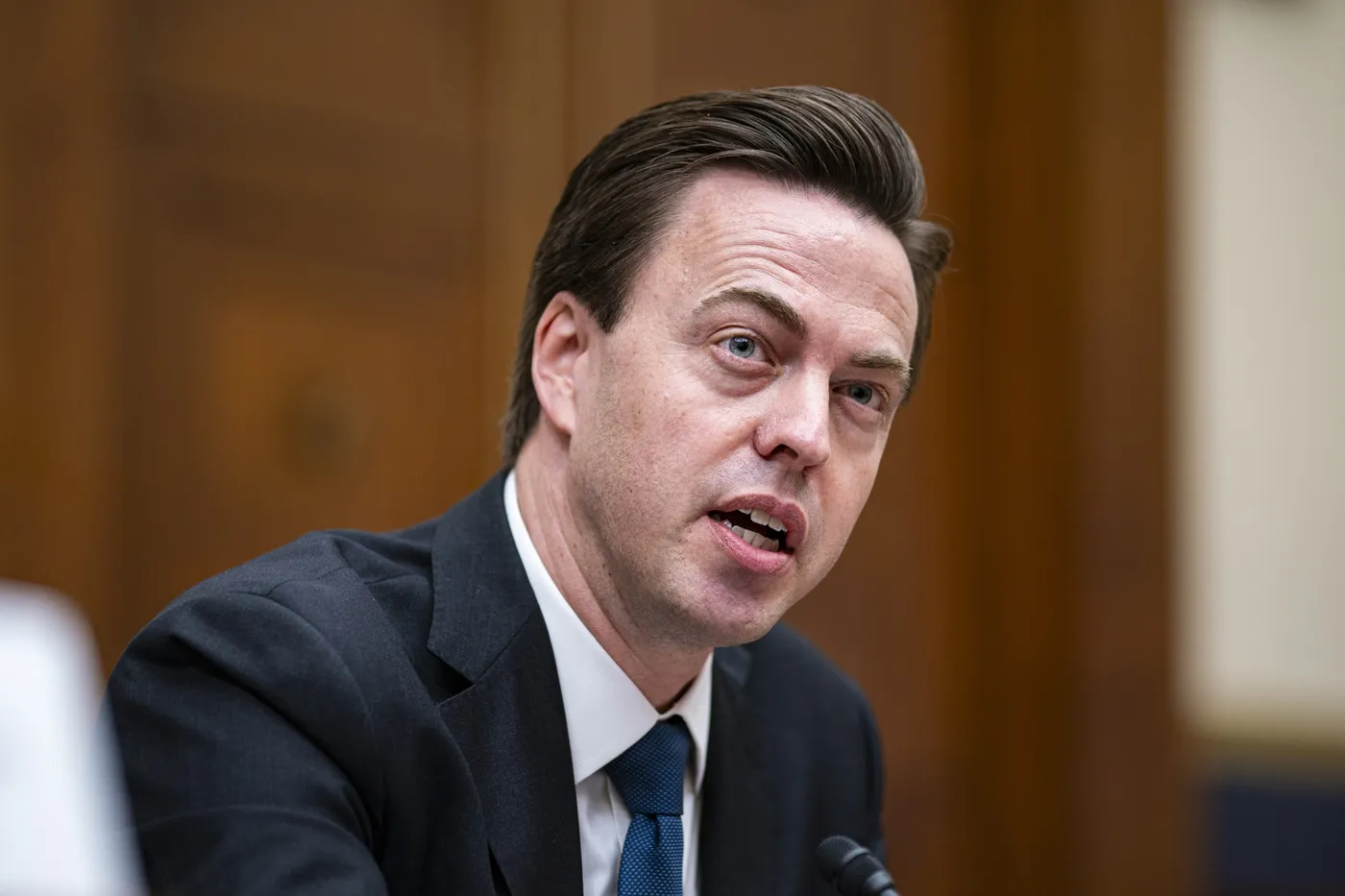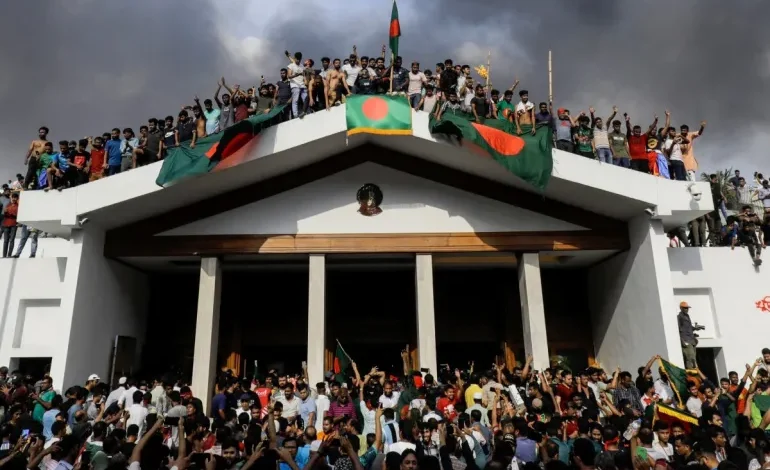A recent report released by the United Nations has accused the former government of Bangladesh, led by Prime Minister Sheikh Hasina, of potential “crimes against humanity” during a brutal crackdown on protesters last year, Al Jazeera reports.
The allegations stem from events that occurred between July 1 and August 15, 2024, culminating in Hasina’s ousting in a largely student-led revolution.
The UN human rights office’s fact-finding report describes a systematic assault on demonstrators, including “hundreds of extrajudicial killings.” The investigation found “reasonable grounds to believe that the crimes against humanity of murder, torture, imprisonment, and infliction of other inhumane acts have taken place.” The report notes that these alleged offenses were carried out by the Hasina administration, the violent factions of her Awami League party, and Bangladeshi security and intelligence services, all in a bid to maintain power.
Sheikh Hasina, aged 77, has since fled to neighboring India to escape an arrest warrant related to these accusations. The report highlights that security forces actively supported the government throughout the protests, which initially began over job quotas in the civil service and later escalated into broader demands for Hasina’s resignation.
The UN rights office claims that the Hasina government systematically employed increasing levels of violence to suppress protests, estimating that “as many as 1,400 people may have been killed” within that 45-day period. The majority of those fatalities are attributed to security forces, with a reported 12 to 13 percent of the deceased being minors. In contrast, Bangladesh’s interim government has provided a significantly lower estimate of 834 deaths during this unrest.
The UN launched its investigation at the request of Bangladesh’s interim leader, Mohammed Yunus, sending a team of human rights experts, a forensic physician, and a weapons specialist to conduct the inquiry. The findings of the report were based on insights garnered from more than 230 confidential interviews with victims, witnesses, protest leaders, rights defenders, and a review of medical records, photographs, videos, and various documents.








